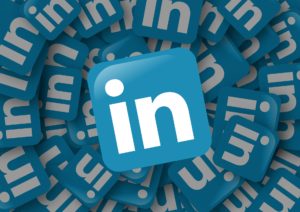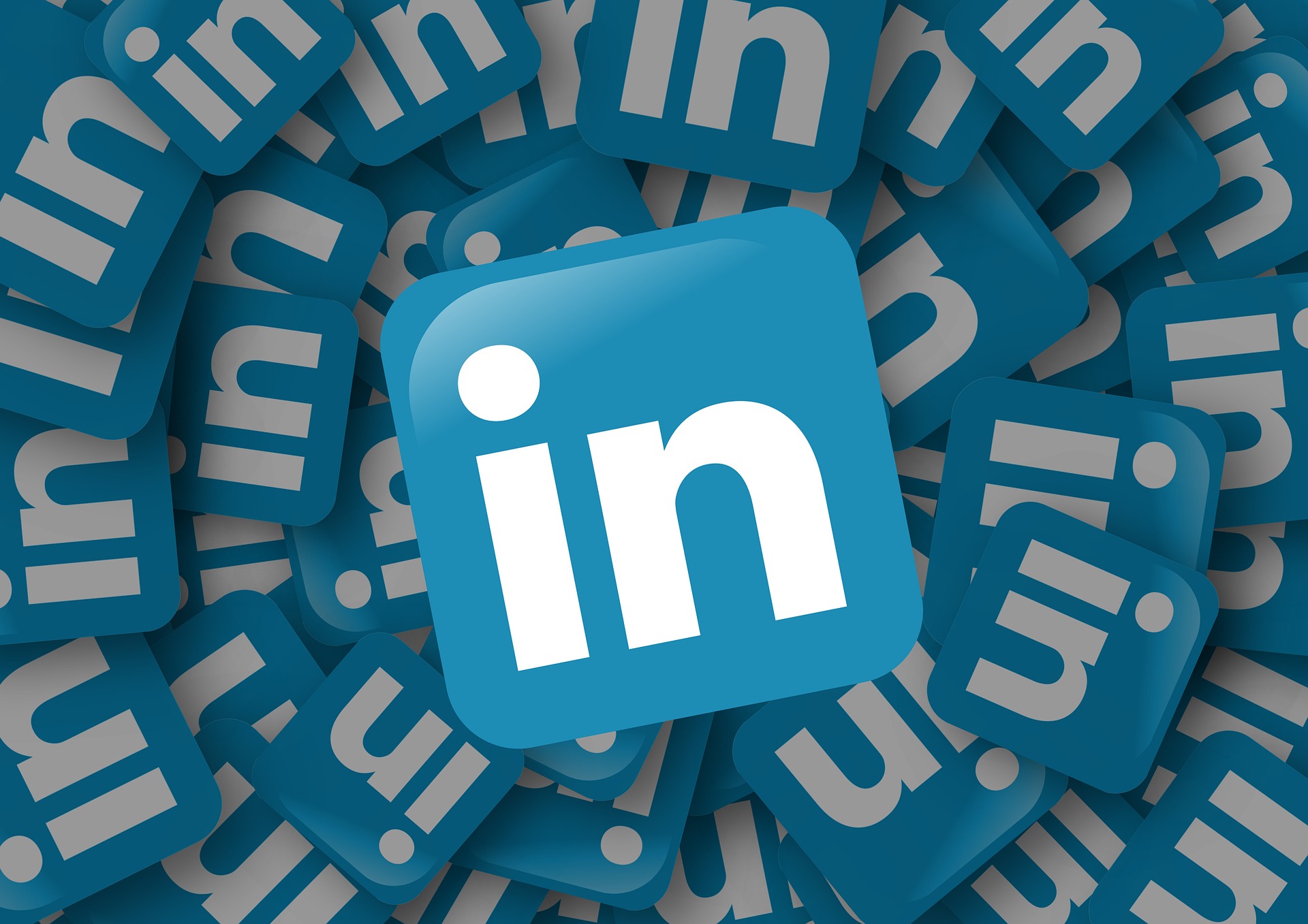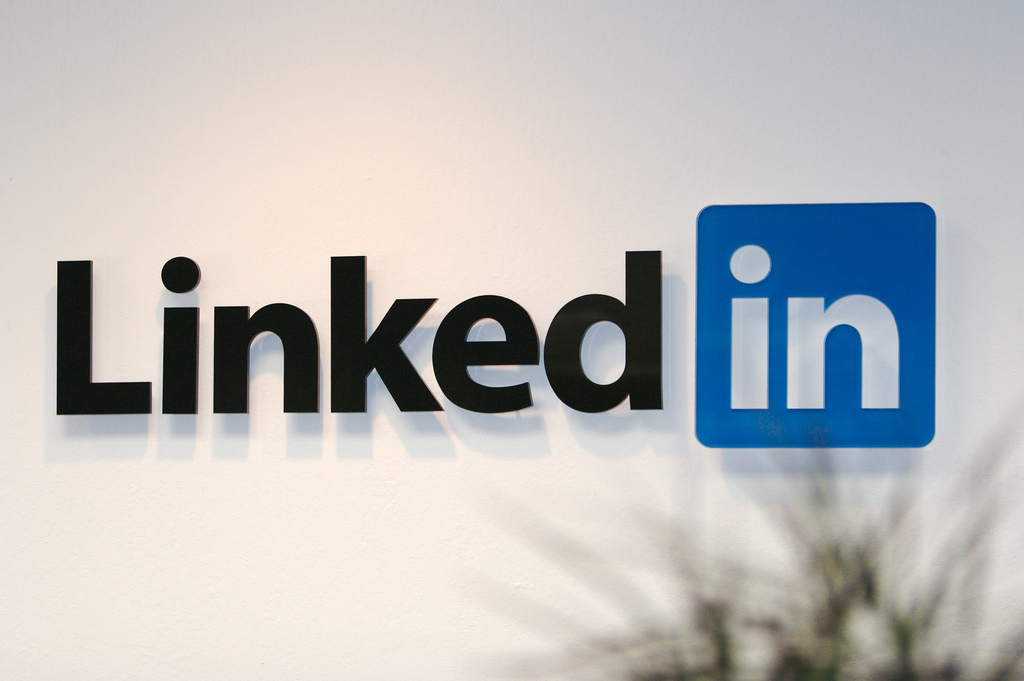
LinkedIn To Give Economic Researchers Access To Its Data
To recall, social networking giant, Facebook, had once given access to its data to academic researchers. And we were able to know that only later as the Cambridge Analytica scandal.

And not its turn for LinkedIn, which says that it is soon going to give access to its vast database of users to academic researchers. The professional social networking site is owned by Microsoft.
But according to the claim made by chief data officer of the company, Igor Perisic, in a blog post on Monday, the networking owner is going to put controls in place before letting the data to be accessed to protect user privacy.

Only those academicians will be able to access data, whose proposals have been approved. The researchers will be restricted to only have access to aggregate and anonymized data with the condition that they will be able to use it within a secure “sandbox”, Perisic wrote. That implies that they won’t have access to that data as a freehand and the facility of the company won’t allow them to download the data by themselves.
The academics will not be able to “obtain or retain data beyond the scope of the research project,” LinkedIn said. Its legal and security teams will vet all proposals to access the data, and only projects related to “economic opportunity with an eye toward enabling a level playing field for economic outcomes” will be approved.
According to the interview with Perisic late last week, the company was only trying to the make known the facts and knowledge about the labor market and the economy. “This is not about having a direct product impact,” he said. But he clarified that in the past, the experience gained due to the collaboration with academics has sometimes helped in improving the site.
For example, Laura Gee, a Tufts University researcher used data from Linked to determine whether job postings have information on the current number of other applicants proved to be attractive and encouraging
Once it so happened that Tufts University researcher Laura Gee used LinkedIn data to determine about job postings that seemed more attractive to men, women and if they could be further encouraged to apply if the ads included extra information about details on the current number of other applicants. LinkedIn claimed that it has used this way to help customers improve their job postings.
Moreover, the opportunity to collaborate with academics from outside over interesting projects will indeed help the Microsoft-owned company to motivate and retain internal data scientists of its own, Perisic said.
You May Also Read: Practically, User’s Cannot Escape Google’s Tracking System, Says New Study